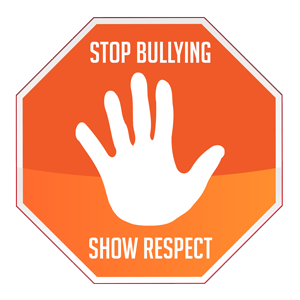Goal
To continually maintain a District-wide energy education and awareness program for K-12 students, school-based personnel, and the District operational workforce.
Teaching about Energy is Essential
- Energy use affects our pocketbooks, our environment, and our national security. Americans are now importing more oil than during the oil crisis of the late 1970s. And, the use of fossil fuels for energy contributes significantly to air pollution.
- Educating the public, students, and school staff about the economic and environmental costs of energy use is one of the best ways to help control energy waste.
- It's important to learn about existing energy options along with the consequences of each choice. For example, fossil fuels are convenient and readily available, but their supplies are finite and their use may be environmentally damaging. Meanwhile, renewable energy sources are inexhaustible with many environmental benefits, but they aren't as convenient, readily available, or able to meet all our nation's energy needs.
- Interest in the development of renewable energy sources is spreading rapidly once again. Driven by numerous factors, including, the 2000 California energy crisis; growing concern over global warming; heightened national security; and, the health effects of poor air quality, renewable energy is gaining the attention of the general public as well as our state and national governments.
- Understanding of all aspects of a particular energy source--its availability, benefits, and monetary, environmental, and social costs--will help when making informed decisions about energy.
- And people who make energy-smart decisions will be more conscientious about wasting energy during their lifetimes. Preventing energy loss is often very simple, can save money, and can benefit the environment by reducing pollution and conserving our natural resources
- Implementing energy education at an early stage of a child development will provide long-term benefits such as increased awareness and lower energy usage over time.
- Learning and studying about energy is an excellent way to introduce students to scientific concepts and processes included in the National Science Education Standards.
- Teachers who learn about energy efficient innovations can integrate news about new emerging technologies into their curriculum.
- Contemporary approaches in energy education are needed to ensure that students are kept interested and fully engaged to learn more about energy efficiency solutions such as the Marchman Technical Education Centers mobile energy lab.
(Excerpts from source document: https://www.rebuild.org/sectors) The following energy education links are provided for your use and consideration: American Gas Association - All kinds of information and news on natural gas Consumer Energy Information For Your Home - Tips on saving energy in your home and workplace Department of Energy - Fossil Energy Homepage - Information directed toward fossil fuel energy information and news Department of Energy - A Consumer's Guide - Get your power from the sun Energy Education Resources - List of generally available free or low-cost energy-related educational materials Federal Energy Regulatory Commission - Students’ Corner - Information for students about energy and energy regulation Florida Solar Energy Commission - A research center at the University of Central Florida National Energy Education Development - Information dedicated to increasing energy education and awareness in school National Energy Foundation - NEF, a nonprofit educational organization and a national leader in teacher training, student programs, instructional materials, development and distribution Part Select - a fun way to incorporate electric into math U.S. Department of Energy - Solar - Federal website for the US department of Energy Florida Solar Energy Center Curricula The Florida Solar Energy Center has some outstanding curricula for a variety of different topics and age groups such as: alternative fuels, high energy hydrogen, solar matters, and more. The following is just a sampling of some of their curricula: SunSmart I – Grades K-2 SunSmart II – Grades 3-5 SunSmart III – Grades 6-8 SunSmart IV – Grades 9-12








